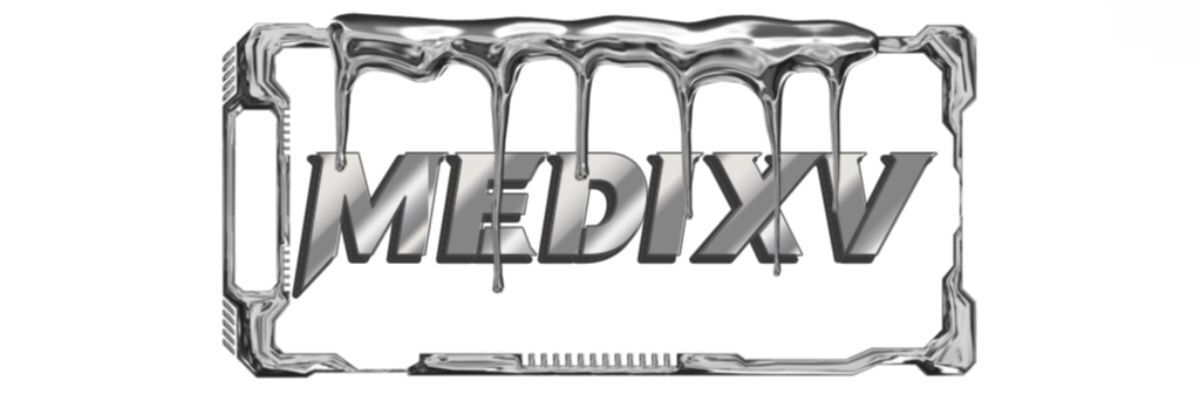Heptafluoropropane Gas Solution vs. Traditional Fire Suppressants: What’s Better?
You will get efficient and thoughtful service from TYHJ.
Introduction
Fire safety is a critical concern for various industries. Different fire suppressants are available, each offering unique benefits and drawbacks. This article compares Heptafluoropropane gas solution with traditional fire suppressants to determine which is superior in various contexts.
Understanding Heptafluoropropane
Heptafluoropropane, also known as HFC-227ea, is a clean agent used for fire suppression. It is non-conductive, making it ideal for protecting electronic equipment. Heptafluoropropane extinguishes fires primarily through heat absorption, displacing oxygen while leaving no residue.
Advantages of Heptafluoropropane
- Environmentally Friendly: Heptafluoropropane has a lower ozone depletion potential than many traditional agents.
- Non-damaging to Equipment: Being a clean agent, it doesn't harm sensitive electronics.
- Quick Activation: The suppression system responds almost instantaneously, providing fast fire control.
Traditional Fire Suppressants Overview
Traditional fire suppressants include water, foam, and dry chemical agents. Each type has been widely used and has its strengths and weaknesses depending on the fire scenario.
Advantages of Traditional Fire Suppressants
- Cost-Effective: Traditional agents are often less expensive to produce and deploy than clean agents.
- Readily Available: These agents are widely available and relatively easy to procure.
- Proven Track Record: Many traditional methods have been tested over decades, demonstrating reliability.
Limitations of Traditional Fire Suppressants
- Residual Damage: Water and foam can cause secondary damage to equipment and structures.
- Limited Effectiveness: Some traditional agents may be less effective in certain fire classes, like electrical fires.
Comparative Analysis
When deciding between Heptafluoropropane and traditional fire suppressants, several factors must be considered:
Fire Class and Environments
In environments with sensitive electronic equipment, Heptafluoropropane may be the better choice due to its non-damaging properties. Conversely, for large outdoor fires, traditional methods may be more effective.
Explore more:What Makes Heptafluoropropane Gas Solution Essential?
Cost Considerations
Overcoming Supply Chain Struggles: Why Shuntong is Your Ultimate Solution
How Will Supply Chain Disruptions Impact Semiconductor Chip Prices?
What is a High Range Soundless Cracking Agent?
For organizations with budget constraints, traditional suppressants may be more practical initially. However, the long-term benefits of using Heptafluoropropane, such as reduced damage and restoration costs, can make it a cost-effective alternative over time.
Regulatory Compliance and Environmental Impact
Organizations must also consider regulatory compliance and environmental impact. Heptafluoropropane is often favored in modern fire safety standards as it has a lower environmental footprint.
Conclusion
Ultimately, the choice between Heptafluoropropane and traditional fire suppressants will depend on specific needs, budgetary constraints, and environmental considerations. While Heptafluoropropane is gaining popularity for its clean and effective suppression capabilities, traditional agents still hold their ground in certain situations.
If you want to learn more, please visit our website heptafluoropropane gas solution.

Comments
0